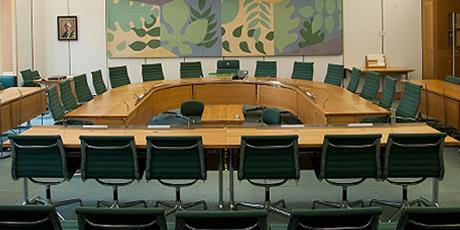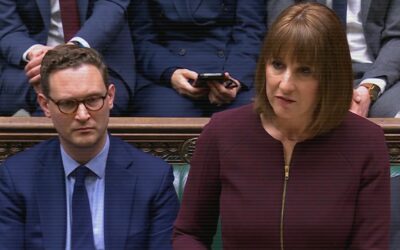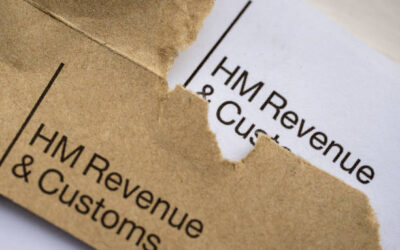HMRC must do more to deter and punish tax cheats following disruption to its compliance programme caused by the pandemic, according to a new report by the Public Accounts Committee.
It shows HMRC opened 32% fewer cases in 2020-21 than the previous year, after 4,000 compliance staff were redeployed to work on Covid support schemes. This led to a £9 billion reduction in the amount of tax collected through its compliance work.
HMRC has said publicly that it isn’t planning to prosecute as many people as it did before the pandemic, and the Committee – which was given evidence for its report by TaxWatch – says it’s concerned this means there won’t be a credible deterrent effect.
Dame Meg Hillier MP, Chair of the Public Accounts Committee, said: “HMRC’s ability and efforts to draw in the tax that is so desperately needed to pay for public services were seriously compromised by the pandemic. That alone is bad enough in the current economic crisis but we need to see more effort from HMRC get this back. It is simply not doing enough to deter and punish cheats, even at very high levels.”
The report also called on HMRC to do more to help those who want to pay their taxes correctly, by supporting those with tax debts and improving its customer service levels. The Committee says it wants to ensure “it is never easier for people to cheat the tax system than to comply with it.”
One of the report’s recommendations, that HMRC should build in more resilience to the tax system given the strong value for money case for increasing resources, mirrors one of TaxWatch’s own recommendations in its submission to the Committee. TaxWatch has consistently argued that HMRC needs to have long-term resource planning and funding because of the positive return on investment, with each pound spent bringing in as much as £18 of additional tax revenue.



